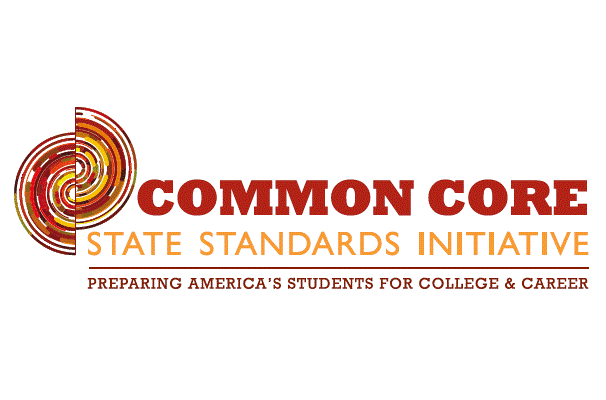New Common Core Or Common Core Classic?

One of the groups that has doubled down on pushing the Common Core State Standards (CCsS) in the English Language Arts (ELA) seems to be saying that Common Core hasn’t worked because it hasn’t been tried.
In their report on Reading and Writing Instruction in America’s Schools for the Thomas B. Fordham Institute, Ann Duffett and David Griffith make four recommendations:
~”First, if we want teachers to assign texts based on students’ grade levels—rather than their reading levels—we need to do more to help them bridge the gap between the two. Increasing the complexity of the texts that all students are exposed to is a hallmark of the CCSS-ELA, yet the survey results suggest that there has been serious backsliding in this area since our 2013 report. In our view, the most likely explanation is that teachers lack the supports they need to carry out this portion of their mission.” Did it never occur to the designers and planners of Common Core that reading at grade level has been a goal of successful schools that they never had anything to do with?
~”Second, teachers should take another look at their ELA curriculum to make sure they aren’t overlooking classic works of literature. Although it’s encouraging that ELA teachers are assigning more informational texts and literary nonfiction, as the CCSS expect, it’s concerning that they seem to be doing so at the expense of ‘classic works of literature.'” It’s pretty hard to read well without reading the classics. Several years back, I heard Scott Jaschik announce at a Modern Language Association convention that “people don’t give a rat’s a** if anyone is reading the great books but they care about good writing.” It’s really hard to separate the two which is why when you actually peruse biographies of good writers, they have generally read the classics. Also, the fact that these proponents of Common Core from Fordham would put classic works of literature in quotes is a bit concerning: It’s as though they don’t know what they are,
~”Third, writing instruction needs serious attention. By the time students graduate high school, they should be able to construct a coherent argument. Yet the results suggest that teachers are still prioritizing creative expression over evidence-based writing.”How about exposing them to classic arguments?
~”Finally, teachers should tackle the content-knowledge deficit. In particular, they should take the lead in adopting content-rich curricula and organizing their lessons around well-constructed ‘text sets’ that help students build on their prior knowledge and learn new words more quickly.” You mean like a driver’s manual?




